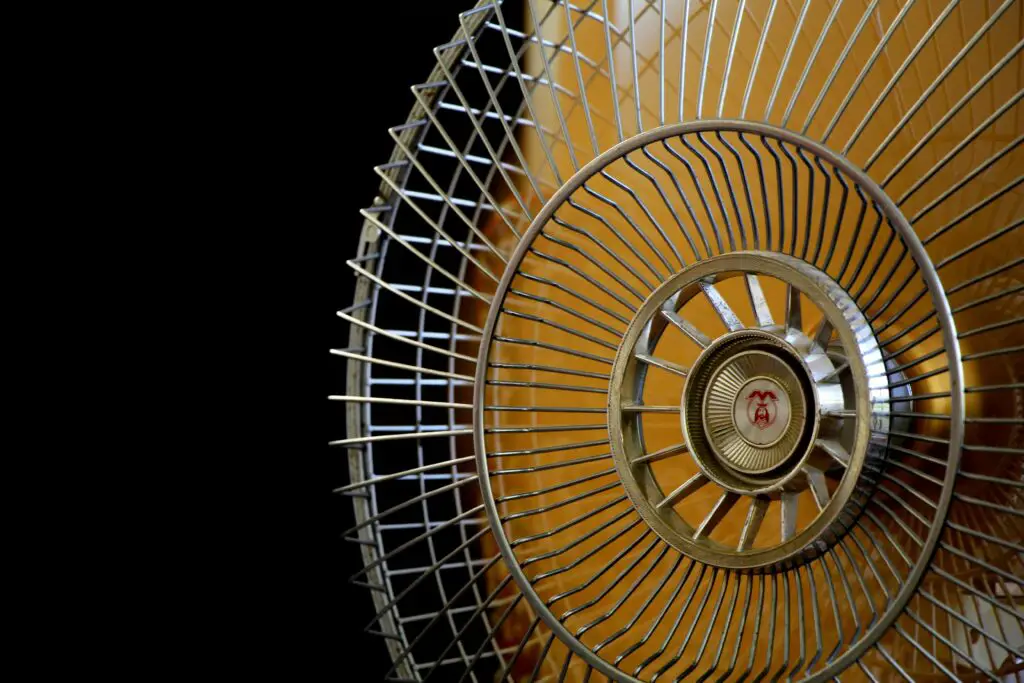1. “Gift” in English vs. German

In English, the word “gift” brings to mind presents, celebrations, and generosity. It’s a warm, positive term often associated with birthdays, holidays, or special occasions. However, in German, “Gift” has a far darker meaning—it translates to “poison.” Imagine the confusion if you were to mention receiving a “gift” while in Germany!
This stark contrast is a perfect example of how language shapes perception. While in English, gifts are tokens of goodwill, in German, “Gift” conjures images of danger and harm. It’s a reminder to always double-check translations when traveling or conversing in another language, especially when words look deceptively familiar says Transparent Language.
2. “Brilliant” in English vs. French

In English, calling someone or something “brilliant” is a compliment, suggesting intelligence, creativity, or excellence. It’s the kind of word you use to praise a friend’s idea or a job well done. Meanwhile, in French, “brillant” often refers to something shiny or glossy, stripping away the intellectual flair the English term carries shares Simply French Online.
This subtle shift in meaning might lead to awkward moments when you expect praise and receive a comment about shine instead. It showcases how cultural contexts shape language, reminding us that brilliance can be more than just a sparkle—it’s also about bright ideas and sharp minds.
3. “Actually” in English vs. Japanese

In English, “actually” is used to correct misunderstandings or emphasize truth, often implying a factual tone. It’s straightforward, sometimes with a hint of insistence. In Japanese, the word “actually” (実は, “jitsu wa”) is used to introduce sensitive truths or to soften the blow when revealing uncomfortable facts says Collins Dictionary.
This difference in usage can make conversations tricky. What’s meant as a casual correction in English might come across as overly blunt or insensitive in Japanese culture. Understanding these nuances is crucial, especially when aiming to maintain harmony and politeness in Japanese communication.
4. “Sympathy” in English vs. Japanese

English speakers use “sympathy” to express compassion or shared sorrow when someone is going through a tough time. It’s about feeling sorry for someone and offering comfort. In Japanese, “sympathy” (同情, “doujou”) often carries a negative connotation, implying pity or looking down on someone shares Japan Reference.
This cultural twist changes the dynamics of support entirely. While you might intend to offer comfort by expressing sympathy, it could inadvertently make someone feel patronized in Japan. It’s a subtle but vital difference that underlines the importance of cultural sensitivity in emotional expressions.
5. “Fabric” in English vs. French

In English, “fabric” typically refers to textiles, the material used for clothing, upholstery, or curtains. It’s a very practical, material-focused term. However, in French, “fabrique” means “factory,” shifting the context entirely from the end product to the place of manufacturing.
This distinction could easily cause confusion in a shopping scenario. Asking for “fabric” in a French store might land you in an industrial zone rather than a fabric shop. It’s a classic example of how language can redirect meaning and why context is key when traveling or working across cultures.
6. “Pants” in English vs. British English

In American English, “pants” simply means trousers—what you wear on your legs. It’s a neutral term without much baggage. In British English, though, “pants” is slang for something terrible or of poor quality. Telling someone their work is “pants” in the UK is not a compliment—it’s a critique.
This difference can lead to hilarious misunderstandings. Imagine praising a British friend’s outfit by saying, “Those are great pants!” They might look at you puzzled, wondering if you’re actually dissing their style. It’s a perfect example of how regional variations in the same language can flip meanings on their head.
7. “Chef” in English vs. French

In English, “chef” broadly refers to anyone who cooks professionally, whether it’s a head cook at a small café or a culinary master at a high-end restaurant. The term carries respect but isn’t limited to the kitchen’s top position. In French, however, “chef” simply means “boss” or “leader,” regardless of the industry or context.
This can lead to amusing mix-ups in a culinary setting. Calling the kitchen manager the “chef” in France might confuse them, as the term isn’t exclusive to cooking. It’s another example of how job titles and professional roles are perceived differently across cultures.
8. “Love” in English vs. Greek

In English, “love” is a versatile word used for romantic partners, family, friends, and even inanimate objects like food or hobbies. It’s warm, affectionate, and often overused. Greek, on the other hand, has multiple words for love, each capturing distinct types of affection: “eros” (romantic love), “philia” (friendship), “storge” (familial love), and “agape” (unconditional love).
This linguistic richness allows Greeks to express love more precisely, avoiding the ambiguity often found in English. It’s fascinating how one word in English covers such a broad spectrum, while Greek offers clarity by distinguishing between the nuances of affection.
9. “Blue” in English vs. Russian

In English, “blue” generally represents sadness, calmness, or tranquility. It’s the classic “feeling blue” expression when you’re down. Russian, however, categorizes colors differently. What English speakers call “blue” might be split between “голубой” (“goluboy” for light blue) and “синий” (“siniy” for dark blue), each with distinct emotional and cultural undertones.
This color perception difference affects art, fashion, and everyday conversation. An English speaker describing the color of the sky or someone’s attire might not realize the Russian language offers more detailed shades, each with its own cultural weight. It’s a vivid example of how colors are more than just visual—they’re cultural expressions.
10. “Hospital” in English vs. French

In English, “hospital” is where you receive medical care, whether it’s an emergency room visit or routine check-up. It’s a place for treatment and recovery. French uses the word “hôpital” similarly, but it also historically referred to hospices—places providing shelter and care for the poor or travelers.
This historical overlap can create confusion when discussing healthcare. A conversation about hospitals in France might unintentionally bring up social care aspects, shifting the focus from modern medical facilities to broader caregiving roles. Language often carries history in its vocabulary, adding layers of meaning to everyday words.
11. “Table” in English vs. French

In English, “table” is straightforward—a piece of furniture where you eat, work, or gather. It’s practical and familiar. French uses “table” the same way but also uses it as a verb, “tabler,” meaning to bet or to count on something. This dual usage can make conversations about dining or planning more complex.
For example, if you hear “Je table sur toi” in French, it translates to “I’m counting on you,” not something involving furniture. This verb-noun overlap is a small but important reminder of how words can carry additional roles in different languages, affecting clarity and context in conversations.
12. “Fan” in English vs. French

In English, “fan” can either mean someone who enthusiastically supports a celebrity, sports team, or hobby, or a device used to circulate air. It’s a term that conveys excitement and devotion or practical use. French, however, primarily uses “fan” to describe a fervent admirer, borrowing the term from English, but for air circulation, they use “ventilateur.”
This distinction can cause funny misunderstandings when discussing everyday objects or passions. If a French speaker hears you talk about “fans” at a concert, they might miss the air circulation meaning entirely. Language borrowing and adaptation often lead to these subtle but amusing miscommunications.
